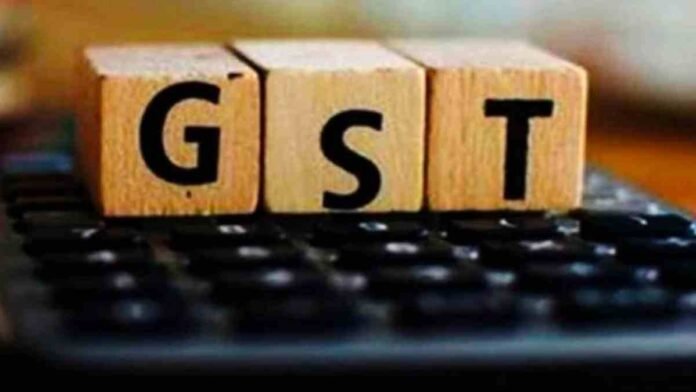Starting on August 1, 2023, businesses with sales exceeding 5 crore will face a new GST threshold. In May, the Ministry of Finance issue a circular related to GST.
The circular ordered businesses with revenue exceeding 5 crore to create e-invoices from August 1.
E-invoices will be mandatory for B2B transactions exceeding Rs 5 crore from August 1. Companies with yearly sales over Rs. 10 crore must issue electronic invoices for all B2B transactions.
E-invoicing was first established in 2020 for major enterprises with sales exceeding Rs 500 crore, but within three years the barrier was decreased to Rs 5 crore. E-invoicing for B2B transactions becomes essential under GST law for enterprises with annual revenues above Rs 500 crore from October 1, 2020, and for those over Rs 100 crore on January 1, 2021.
From April 1, 2021, companies with above Rs 50 crore in revenue began issuing B2B e-invoices. Rs 20 crore became the threshold on April 1, 2022. October 1, 2022 decreased the threshold to Rs 10 crore.
“By implementing e-invoicing, the government aims to combat tax evasion and facilitate real-time invoice matching between clients and vendors,” said Skydo founder and CEO Srivatsan Sridhar. Modernizing the tax collecting system increases GST base transparency and compliance. E-invoicing reduces mistakes, duplication, and tax evasion via real-time invoice validation and matching between customers and sellers.
However, its implementation has several drawbacks. E-invoicing needs an initial investment in hardware, technology, software, and training, which might deter small firms. “It also involves transmitting and storing sensitive financial data, which can be vulnerable to cyber threats and hacking,” he noted.
The GST council may rule on online gaming GST tomorrow, August 2. The council will determine whether to charge the 28% GST on deposits or games. Yesterday, the revenue secretary agreed that levying 28% tax on every game will result in repeated taxation of the same rupee, raising the effective tax rate to 50%-70%.
Conclusion:-
E-invoices are now mandatory for B2B transactions exceeding Rs 5 crore. After a Ministry of Finance circular, enterprises with revenue exceeding 5 crore must create e-invoices from August 1. In 2020, e-invoicing was introduced for major enterprises with revenue exceeding Rs 500 crore, but within three years, the barrier was decreased to Rs 5 crore. B2B e-invoicing becomes necessary for enterprises with annual revenues exceeding Rs 500 crore on October 1, 2020, and over Rs 100 crore on January 1, 2021. Companies with a turnover of above Rs 50 crore started issuing B2B e-invoices from April 1, 2021, and dropped to Rs 10 crore on October 1, 2022. Skydo, Founder and CEO, believes that e-invoicing aims to combat tax evasion and facilitate real-time invoice matching between clients and vendors. Small firms may face set-up charges and sensitive financial data transfer. The GST council is expected to decide on the implementation of GST on online gaming, whether it will be levied on deposits or every game.



